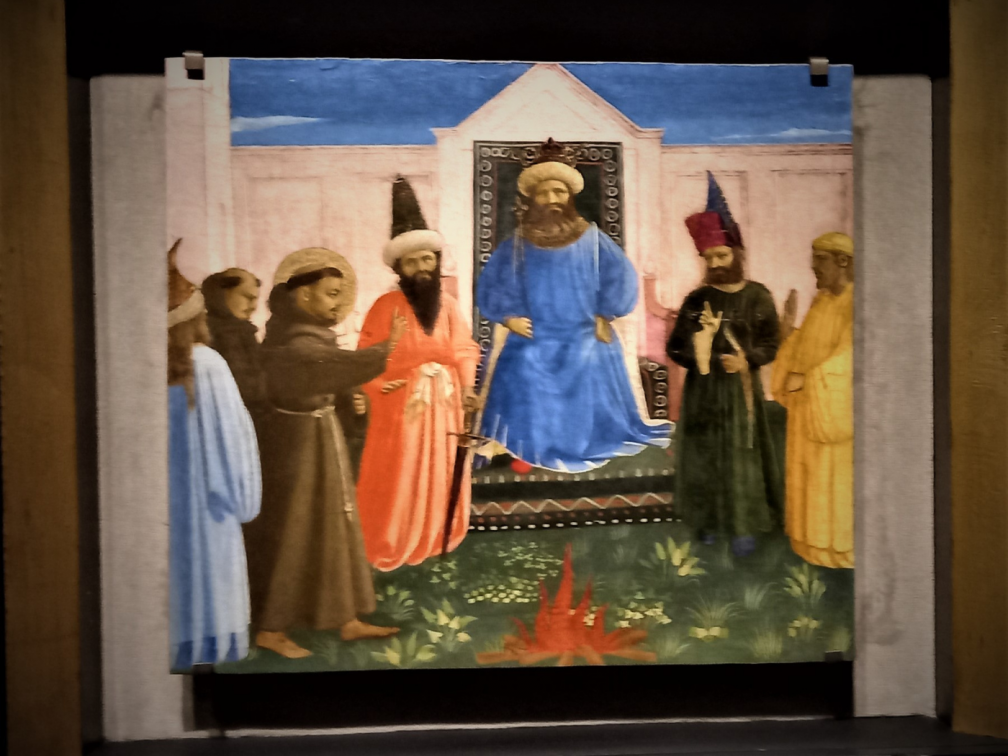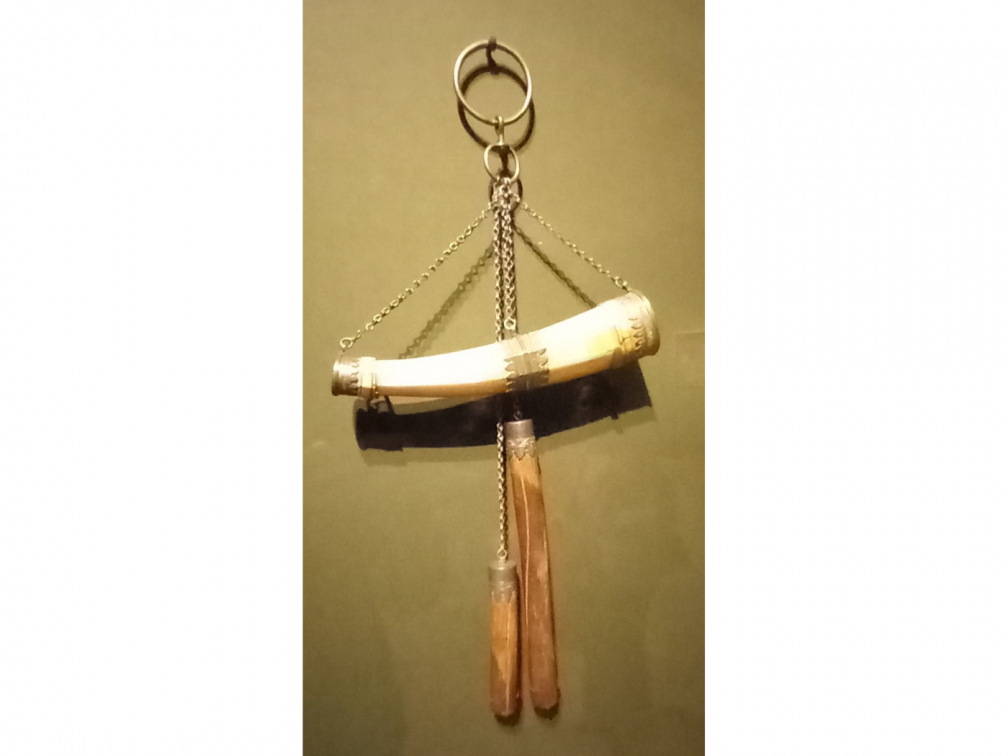
I recently visited the exhibition St Francis of Assisi at the National Gallery in London with my wife and colleagues. It is a remarkable exhibition featuring a variety of art expressions from the past 800 years. The exhibition displays items linked to the life of the poor preacher of Assisi. The popular Francis, one of the most revered historical figures of all times, has also been an inspiration for artists and poets for centuries.
Although, over the years, the artistic portrayal of this saint speaks to each generation in a particular way, it is not difficult to find in this collection themes which resonate with contemporary issues. This is not surprising when the focus is on this loved universal saint, who himself embraced in faith all aspects of God’s creation.
As someone involved in promoting life-giving relationships between people of diverse faiths and backgrounds, I was strongly drawn to three evocative items of the exhibition. All three of them are associated with the rare meeting between St Francis and the Sultan al-Malik al-Kamil of Egypt, in 1219 during the fifth crusade.
So much has been written about this almost unbelievable interfaith encounter 800 years ago, that being so close to the iconic paintings of Sassetta (Saint Francis before the Sultan) and of Fra Angelico (‘The Trial by Fire of St. Francis before the Sultan’) brought to mind the precious times when I have also experienced God’s presence in meeting Muslims and friends of other faiths. Both paintings depict the moment when a captured Francis recklessly attempted to convert the Sultan, offering to go through fire for his faith. What I see in the flames prominently depicted in both paintings – reminiscence of Moses and the burning bush in the book of Exodus – I think they can also signify the sacredness of every place where a Muslim and a Christian meet with an open heart.
The story goes that, after having a respectful exchange, Francis was released and given a horn-shaped object that would allow him a safe passage back to the crusader’s camp. And here is the third item that caught my attention at this exhibition. It is a medieval relic entitled ‘A Horn with Rods.’ The relic is accompanied by the following early inscription ‘With this bell St Francis gathered the people together for preaching and with these batons he imposed silence on them.’ This item in front of me added a startling material dimension to that remote encounter between Francis and the Sultan, which I only knew by paintings and written records.
The significance of the Horn with Rods is that the item – and its story – speaks of what Francis gained from that encounter with the Sultan; with this item, part of Sultan’s culture and faith was embraced and carried by Francis and, most importantly, it seems to have added a new dimension to Francis’ faith practice. Medieval Franciscan manuscripts record that Francis did acquire the custom to use a horn to gather his followers. Could this acquired custom of Francis be directly associated with the Adhan, the Islamic call to prayer?
Like many others who have witnessed and experienced the humbling devotion with which Muslim brothers and sisters perform their prayers, I believe that Francis may have also gotten caught in admiration for the way Muslims pray. And the fact that Francis may have adopted a custom associated with Islamic devotion, is a reminder that the Church – paraphrasing Nostra Aetate – rejects nothing true and holy in Islam and that Islam’s precepts and teachings – although different to the Church’s- can reflect a ray of the Truth which enlightens us all.
Dialogue seems only possible if we approach it with open hearts and minds. This requires a sincere eagerness that dialogue will lead us to gain fresh meaningful insights for our own lives and faith: an enriched faith dimension. Looking at the Horn with Rods (together with those two memorable paintings), made me imagine again the celebrated day when Francis of Assisi met the Sultan al-Malik al-Kamil, a day in which through dialogue both glimpsed together a ray of God’s truth.


